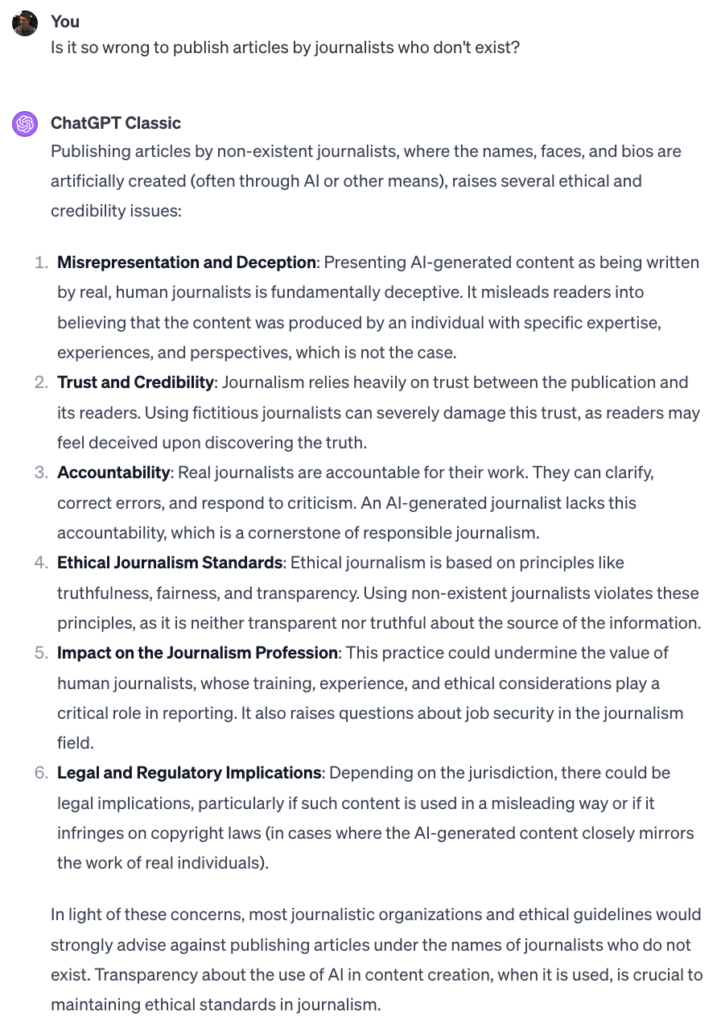Welcome to the latest edition of FindBiometrics’ AI update. Here’s the latest big news on the shifting landscape of AI and identity technology:

Microsoft has obtained a “non-voting observer” position on OpenAI’s board. The tech titan may not have succeeded in keeping OpenAI CEO Sam Altman on its own roster of employees after the startup’s corporate dustup earlier this month, but it will now have more insight into the inner workings of its multi-billion dollar investment.
Amazon Web Services has unveiled its first AI image generator, which is currently in preview on Amazon’s AI developer platform, Bedrock. Titan Image Generator will stamp all of the images it creates with what AWS describes as a “tamper-resistant” invisible watermark—part of the company’s commitment to AI safeguards laid out by the White House earlier this year.
Stability AI, meanwhile, has announced an upgraded version of its flagship image generator, SDXL Turbo. It’s faster and lighter, with a 50-step generation process reduced to four steps, according to CEO Emad Mostaque. In practical terms, SDXL Turbo can make a 512×512-pixel image in 207 milliseconds on an A100 GPU.
Sports Illustrated was found to be publishing stories attributed to authors who don’t exist. Their names, faces, and bios were AI-generated; but Sports Illustrated’s parent company, the Arena Group, insists that the articles themselves were written by human beings. It had paid a third party, AdVon Commerce, to write them.
ASML is getting a new CEO, with Christophe Fouquet replacing Peter Wennink. ASML is uniquely positioned in the AI supply chain; its lithography machines are critical in the production of tiny chips from Taiwan Semiconductor Manufacturing Company and others. Wennink has been decrying US sanctions that could hurt sales in China; Fouquet says it is not ASML’s “role to decide what is right and what is wrong.”
Hong Kong-based AI firm SenseTime has been accused of “revenue round-tripping” in a report from short seller Grizzly Research. SenseTime says the allegation is “without merit”. Grizzly Research also made a broader case against the company, arguing that it has “no competitive moat” in AI and that it is “operating a fundamentally dead-ended facial recognition software business,” thanks in part to its placement on a US government sanctions list.
Tesla has filed a patent for a multi-sensor automative AI system that would recognize a vehicle’s driver and watch for signs of incapacitation. The patent details how such a system could use facial recognition to recognize and greet the driver, and automatically adjust the vehicle’s personalization settings to the driver’s preferences. Sensors would also monitor the body position of the driver to detect potential incapacitation, engaging an emergency system in such an event.
The chatbot’s take: This week, ChatGPT absolutely schooled us on ethics in journalism.

–
November 30, 2023 – by Alex Perala








Follow Us